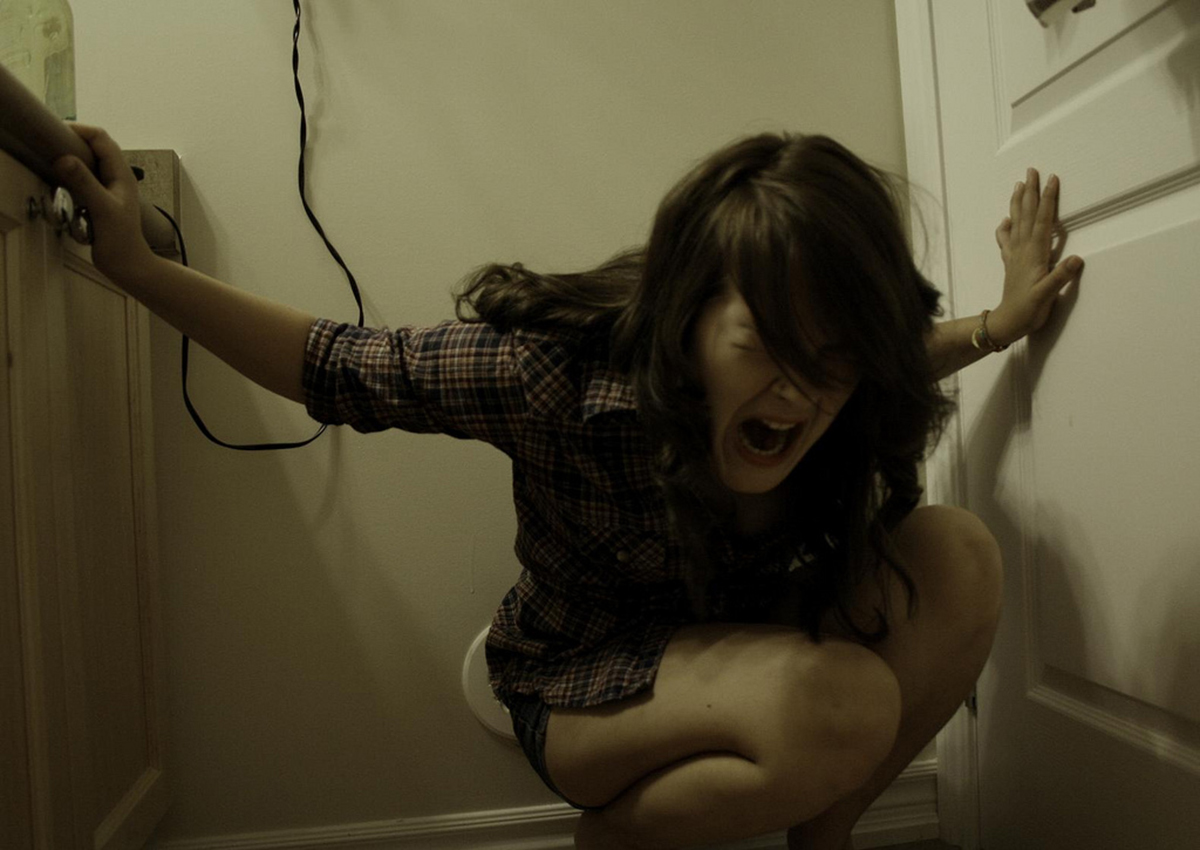Table of Contents
"I will please" is the literal meaning of the word "placebo" — and indeed, that's exactly what the placebo effect can do. Research has demonstrated, over and over again, that the administration of medications or procedures that shouldn't have the power to do anything at all do, in fact, lead to very real and measurable psychological and physical changes. Placebos can reduce pain, affect chemical reactions in the brain, change a person's heart rate and blood pressure, heal ulcers, and even help patients with asthma, depression and fatigue experience positive changes.

Dating back to the 18th century when sham medications without active ingredients were first used to demonstrate that supposed real treatments were ineffective, the concept was widely investigated during the 20th century, with new research still emerging on a regular basis. A 2010 study titled Placebos without Deception: A Randomized Controlled Trial in Irritable Bowel Syndrome even demonstrated that placebos can also work when patients are fully aware that they are taking placebos.
Meet the "nocebo". While "placebo" means "I will please", "nocebo" can be translated as "I will harm". The nocebo represents a terrifying concept, given the amount of research placebos have going for them. Unlike the placebo, the nocebo has barely been touched by scientific research.
Nocebo As A Deviant Murder Method
India, 1930. Prison. A man condemned to death is offered the chance to spare his family from the socially stigmatizing ritual of public excution by hanging, if only he'd agree to participate in an experiment. Should he consent, a doctor explained to the "dead man walking", he would be the test subject for a new execution method, a method in which the man would slowly be made to bleed to death. This execution would be carried out in private on prison grounds and, the doctor assured the condemned man, the method would not inflict pain. Knowing he was going to die in either case, the prisoner agreed.
The man was blindfolded and taken to a private room. Once there, he was chained to an operation table. A pouch of water was tied to each of the table's four corners, and the doctor proceeded to make small, surface incisions in the man's wrists and feet. Gradually, he allowed water to seep out of the pouches.
READ Can Placebos Work On Skeptics?
The experiment was a "success": the man was under the impression that he could feel his own blood, slowly leaving his body. The fact that those present in the room had previously agreed to speak in an ever lower tone amplified the man's impression that he was fading away. Eventually, the medical team ceased to talk altogether and the only remaining sound was the "blood", dripping, and dripping, and dripping.
The case, which American researcher N.S. Yawger described in his 1936 piece entitled Emotions as the cause of rapid and sudden death, may just contain one of the most terrifying concepts you will ever encounter — whether in real life, history books, or a horror movie.
- Photo courtesy of petitefox via Flickr: www.flickr.com/photos/stephanie-anne/3888554186
- Photo courtesy of roger_alcantara via Flickr: www.flickr.com/photos/roger_alcantara/623107521
- journals.plos.org/plosone/article?id=10.1371/journal.pone.0015591
- www.smithsonianmag.com/science-nature/what-is-the-nocebo-effect-5451823/?no-ist
- www.ncbi.nlm.nih.gov/pubmed/15102230
- www.ncbi.nlm.nih.gov/pubmed/17655657
- www.psychologytoday.com/blog/owning-pink/201308/the-nocebo-effect-negative-thoughts-can-harm-your-health
- www.cardiologyonline.com/samuels/


Your thoughts on this